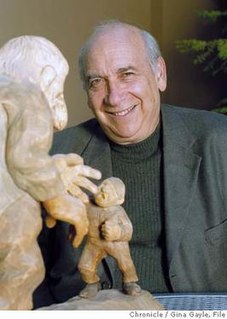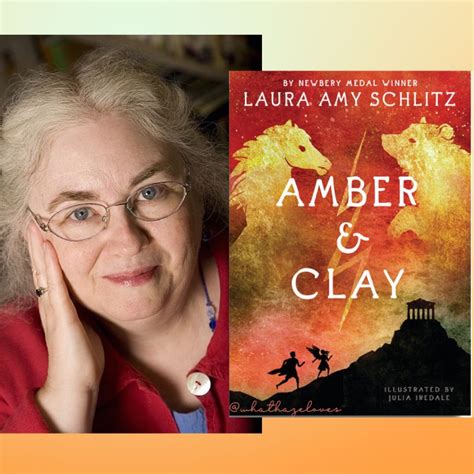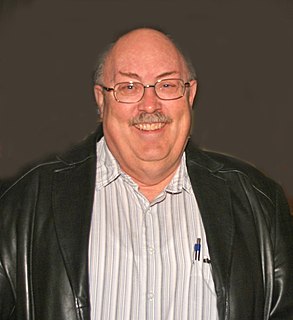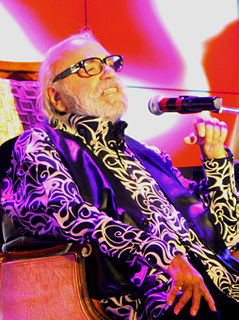A Quote by Antonio Gramsci
Common sense is not something rigid and stationary, but is in continuous transformation, becoming enriched with scientific notions and philosophical opinions that have entered into common circulation. 'Common sense' is the folklore of philosophy and always stands midway between folklore proper (folklore as it is normally understood) and the philosophy, science, and economics of the scientists. Common sense creates the folklore of the future, a relatively rigidified phase of popular knowledge in a given time and place.
Quote Topics
Always
Becoming
Between
Circulation
Common
Common Sense
Continuous
Creates
Economics
Enriched
Entered
Folklore
Future
Given
Knowledge
Midway
Normally
Notions
Opinions
Phase
Philosophical
Philosophy
Place
Popular
Proper
Relatively
Rigid
Science
Scientific
Scientists
Sense
Something
Stands
Stationary
Time
Transformation
Understood
Related Quotes
Common sense is science exactly in so far as it fulfills the ideal of common sense; that is, sees facts as they are, or at any rate, without the distortion of prejudice, and reasons from them in accordance with the dictates of sound judgment. And science is simply common sense at its best, that is, rigidly accurate in observation, and merciless to fallacy in logic.
Mathematics is often erroneously referred to as the science of common sense. Actually, it may transcend common sense and go beyond either imagination or intuition. It has become a very strange and perhaps frightening subject from the ordinary point of view, but anyone who penetrates into it will find a veritable fairyland, a fairyland which is strange, but makes sense, if not common sense.
Learning how to access a continuity of common sense can be one of your most efficient accomplishments in this decade. Can you imagine "common sense" surpassing science and technology in the quest to unravel the human stress mess? In time, society will have a new measure for confirming truth. It's inside the people-not at the mercy of current scientific methodology. Let scientists facilitate discovery, but not invent your inner truth.
Horses in the Book of Mormon would be another. You have relatively few mentions of horses, but there are some, and we don't know exactly how they were used; they don't seem to be all that common. Were they horses as we understood them, [or] does the term describe some other animal? Languages don't always and cultures don't always classify things the way we would expect. We have what we call common-sense ways of doing it. They're not common sense; they're just ours. But again, we don't have a strong case there. We're just problem solving there.





























